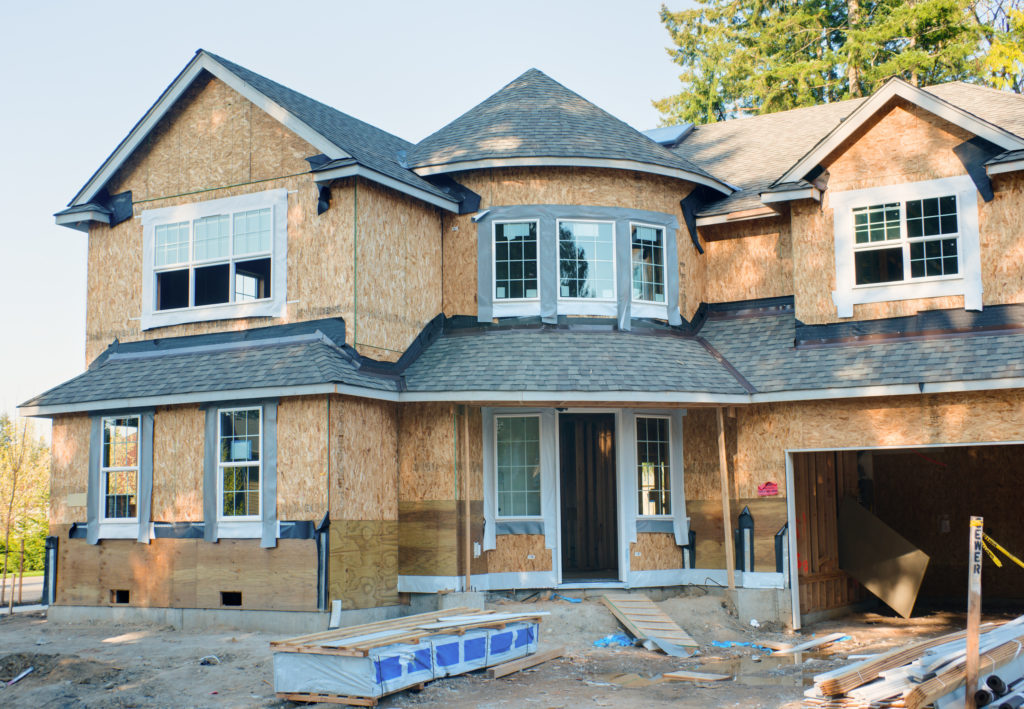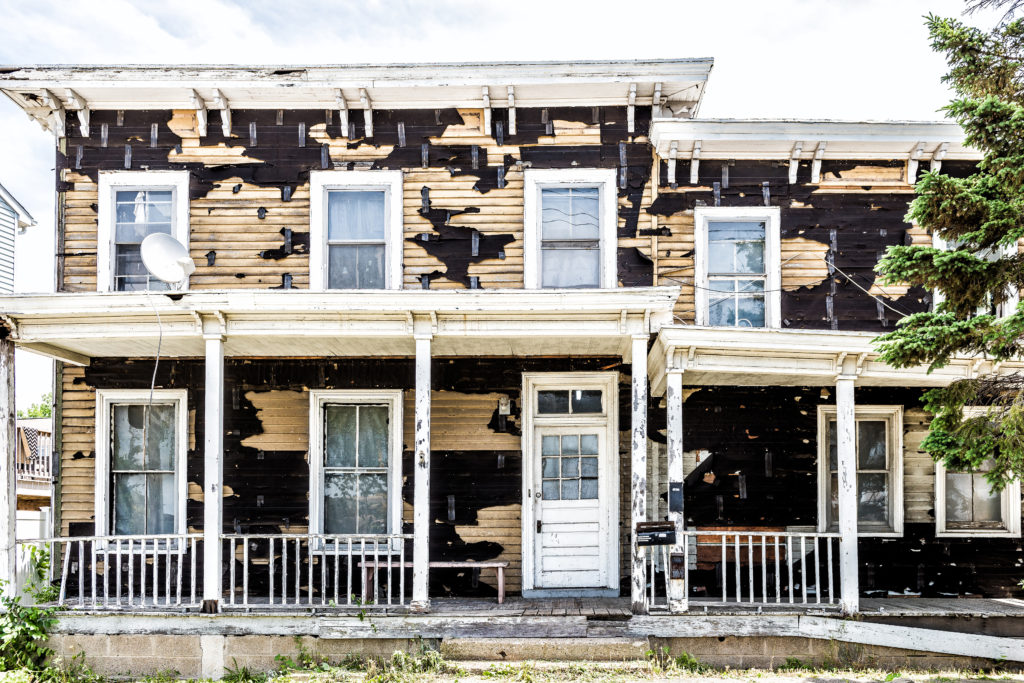The Top Areas for Single-Family Rental Returns

When wages are rising faster than rents, renters could seek home ownership options. Investors looking for good rental opportunities should pay close attention to this data and invest responsibly.
Chicago: City of Broad Shoulders Could Still Use More Elbow Room… Maybe

While Class A rents will likely struggle to find a 2% increase this year, Class Bs are projected to gain 3% and Class Cs 4%. This is an inversion of what happened in 2018.
6 Things to Look for in a Real Estate Crowdfunding Investment

You’d be surprised at how similar it is to analyze a real estate crowdfunding investment and a traditional real estate investment, but there are differences.
The Backbone of Real Estate Crowdfunding is a Solid Underwriting Practice

While it is important to perform a risk assessment on borrowers and sponsors, it’s just as important to perform a risk assessment on the properties. It’s the properties, after all, that investors are investing in.
Brooklyn: Nothing is Hip Forever

Brooklyn has been through a lot of changes since the 1950s. It evolved from a rough-around-the-edges, working-class borough of New York City to a blighted but unbowed urban expanse that forged its own voice.
Houston: Is ‘Space City’ Running out of Housing Space?

Still, Houston ranks up there with other top-tier American cities when it comes to job growth, rising rents and other signs of a healthy metropolis. But in Houston — even more so than almost any other American city — the key to success in real estate is location, location, location.
Are Fix-and-Flips Still a Hot Market in 2019?

Whether fix-and-flips are “hot” largely depends on where you’re located. Like real estate sectors, geography plays a big part in whether a real estate is hot or cold, and geographical markets run in cycles too.
Are Banks Throwing in the Towel on Residential Real Estate Lending?

According to Deloitte, only four of the top 10 residential real estate lenders are traditional lenders, and the top three of them account for just 21% of mortgage originations.
Understanding the Regulations in Real Estate Crowdfunding

Regulations within the real estate crowdfunding space have evolved as the industry has grown.
Is Baltimore’s Housing Market Verging on an Epic Comeback?

A year-over-year doubling of new jobs from 2017 to 2018 and a contemporaneous fourfold increase in household formations are cheery news.

